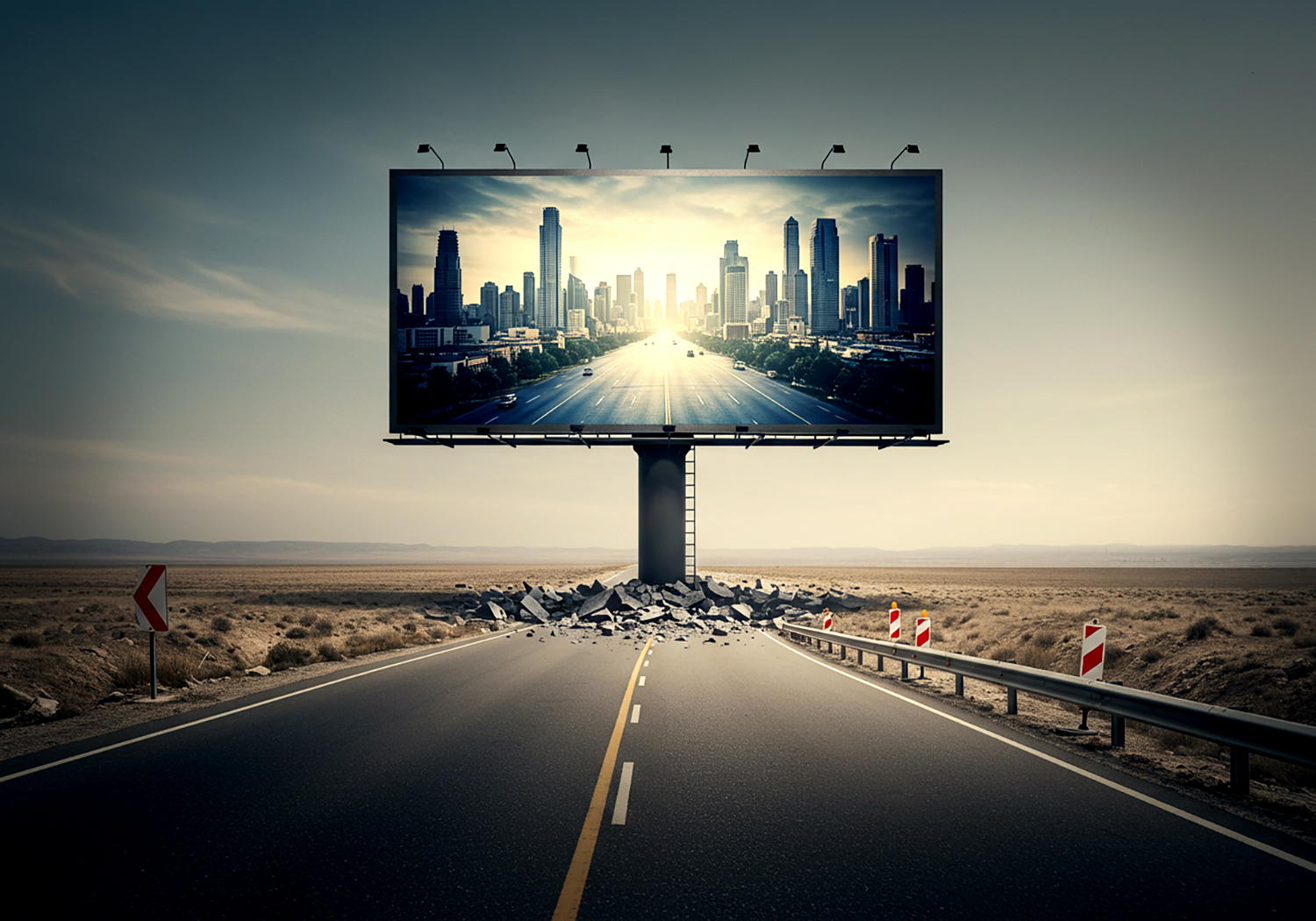
When the Media Steer the Path of Development:
Media Perspective vs. National Perspective: Has the Economy Fallen Victim to Propaganda?
“Hook them and keep them engaged!” — a phrase we’ve heard repeatedly in recent years.
This approach to managing cyberspace and media has clearly played a key role in shaping public opinion—especially in Iran, where, in the absence of in-depth analysis and engagement with thought leaders and academic experts, the media have become not only tools of information dissemination but also drivers of major policy decisions and national identity. In some cases, this influence has even gone beyond rational analysis and turned into emotionally charged and propagandistic trends.
The main reason is the dominance of emotion and excitement over media rationality. While media have the power to foster cohesion and motivation within society, if they become overly influenced by partisan biases, they may distort the course of critical national decision-making.
Some studies have shown that mass media can influence national belonging by up to 22.8%1, while national policies and development programs have had a lesser impact in this regard. This disparity highlights that media can serve both as a powerful force in strengthening national cohesion and, in some cases, as a factor that significantly shapes major decision-making processes.
Practical Steps for Steering Media Direction
- Strengthening Media Literacy: Audiences should be able to analyze media content and avoid illogical emotional influences.
- Enhancing the Quality of Analysis: Media should provide in-depth, data-driven analyses instead of merely provoking emotions.
- Supporting Independent Media: Creating a diverse media landscape allows for the presentation of different and logical viewpoints.
- Reforming Media Policies: Establishing frameworks to reduce the influence of emotional propaganda and encourage logical approaches is essential.
If media can strike a balance between content appeal and rational analysis, it can be expected that their role in major policymaking will be more constructive and effective.
National Perspective or Media Perspective? The Ever-Present Conflict in Major Economic Cases
The Influence of Media; Lost in the Middle of Emotion and Logic
In many major economic and developmental cases, two dominant perspectives are always evident: the national perspective, which emphasizes the need for investment, transformation, and essential infrastructure, and the media perspective, which often focuses on the sensational, promotional aspects, and sometimes even exaggerates problems or achievements. This conflict has impacted many large projects and complicated the decision-making process for both governments and investors.
This is while, in Iranian culture, emotion and excitement often dominate over rationality and logic, a phenomenon with deep historical, social, and even literary roots2. Some studies show that intuition and rationality in Iranian culture have always been in a complex interplay, and this conflict has led to situations where, in many social and economic decisions, emotion and feelings have taken precedence over logical and data-driven analyses.
This cultural trait can create both advantages and challenges. On one hand, strong emotions can foster social cohesion and national solidarity; on the other hand, they may, if exploited by the media, influence major decision-making through momentary emotional impulses.
The Country's Real Need for Investment and Transformation: The Private Sector in the Field of Development
While the Supreme Leader has named this year the year of investment for production, and the country’s economy also requires extensive and serious investment in developing its vital infrastructure, the dominance of the media perspective, with the creation of news waves, sometimes scares governments from supporting private sector investors. When we add this to the financial limitations and complex administrative bureaucracy, we can see how, both consciously and unconsciously, final decisions can sometimes be made against national interests.
Meanwhile, developing countries need targeted investments and transformative programs for sustainable progress, in order to quickly address outdated infrastructure, old technologies, and financial shortages, while also eliminating competitiveness barriers on the global stage.
In this context, the media landscape, by overly focusing on peripheral issues and promotional aspects, sometimes sidelines the core issue—the necessity of change and development. As a result, private sector investors may forgo allocating their financial resources to the country’s development and consider investing in more stable environments. According to statistics, one of the reasons for capital flight in recent years has been the dominance of the media climate. Some media outlets, instead of supporting the entry of investors, focus on criticizing them or exaggerating existing problems, which can lead to the retreat of the private sector.
According to reports, Iran needs between \$100 billion and \$135 billion in investment to develop its energy infrastructure3, but the media landscape sometimes focuses on emotional and critical aspects rather than providing expert analyses, which has hindered the attraction of necessary investments. Meanwhile, the private sector can play a key role by entering the field and, through investment and innovation, accelerating the path to economic growth.
Media: Agents of Transformation or Barriers to Development? What Does Rationalism Say?
In today’s world, economic and social transformations are occurring rapidly, but disagreements and structural challenges hinder swift progress. Therefore, major decisions must be based on rationality, thorough studies, and free from superficial influences. In this context, the media plays an important role in raising awareness and facilitating private investment. However, if it focuses solely on sensationalism, the path to transformation will be disrupted. Progress requires bold decisions, a genuine will to implement them, support for investment, and a focus on action rather than empty slogans.
It is also necessary to strike a balance between the national perspective and the media perspective in order to overcome the operational barriers of large projects. The media can play a crucial role in raising awareness, ensuring transparency, and facilitating the entry of the private sector into the development field. However, if this role is limited to sensationalism and spectacle, the transformation process will be disrupted.


